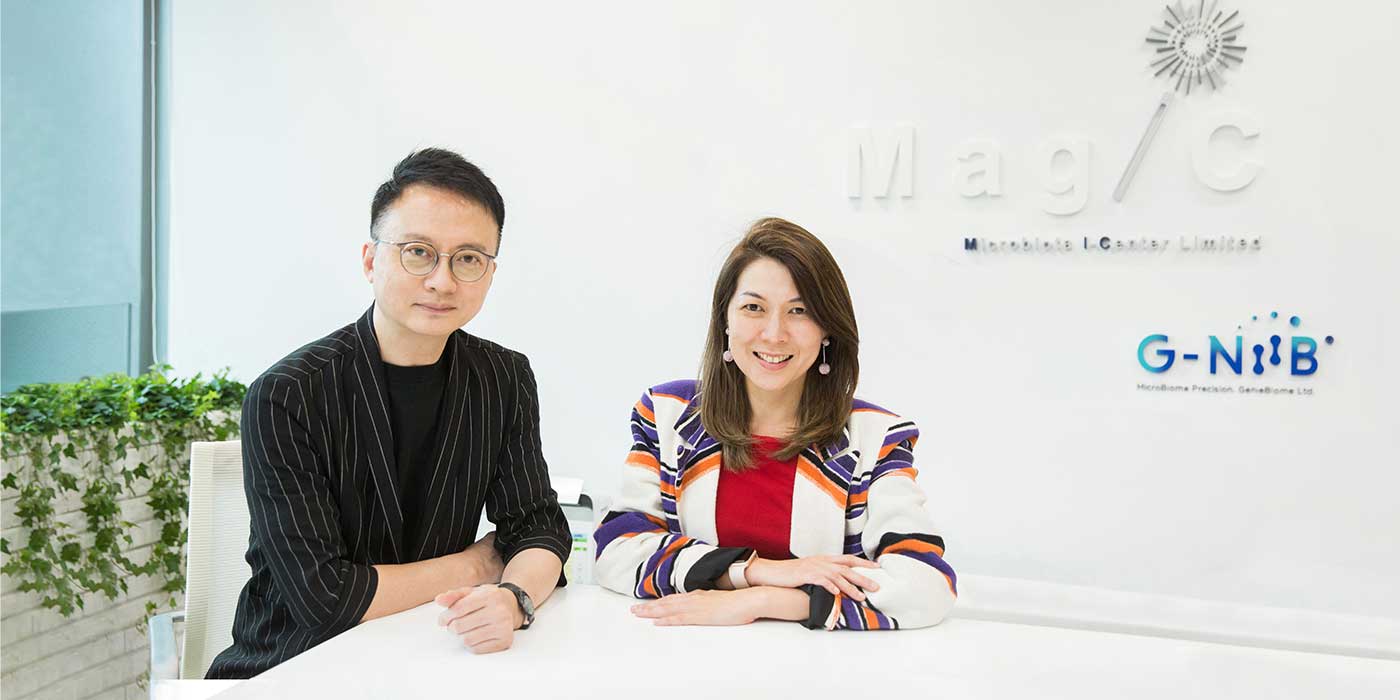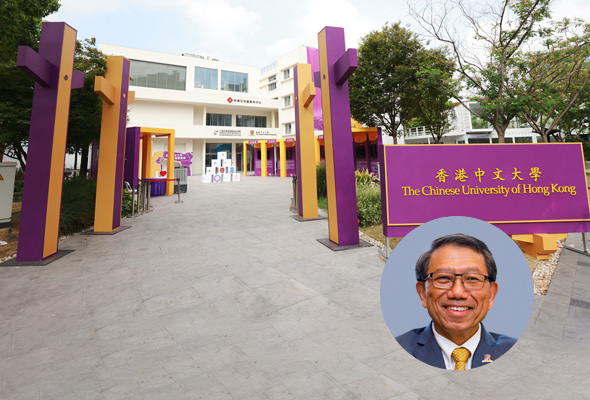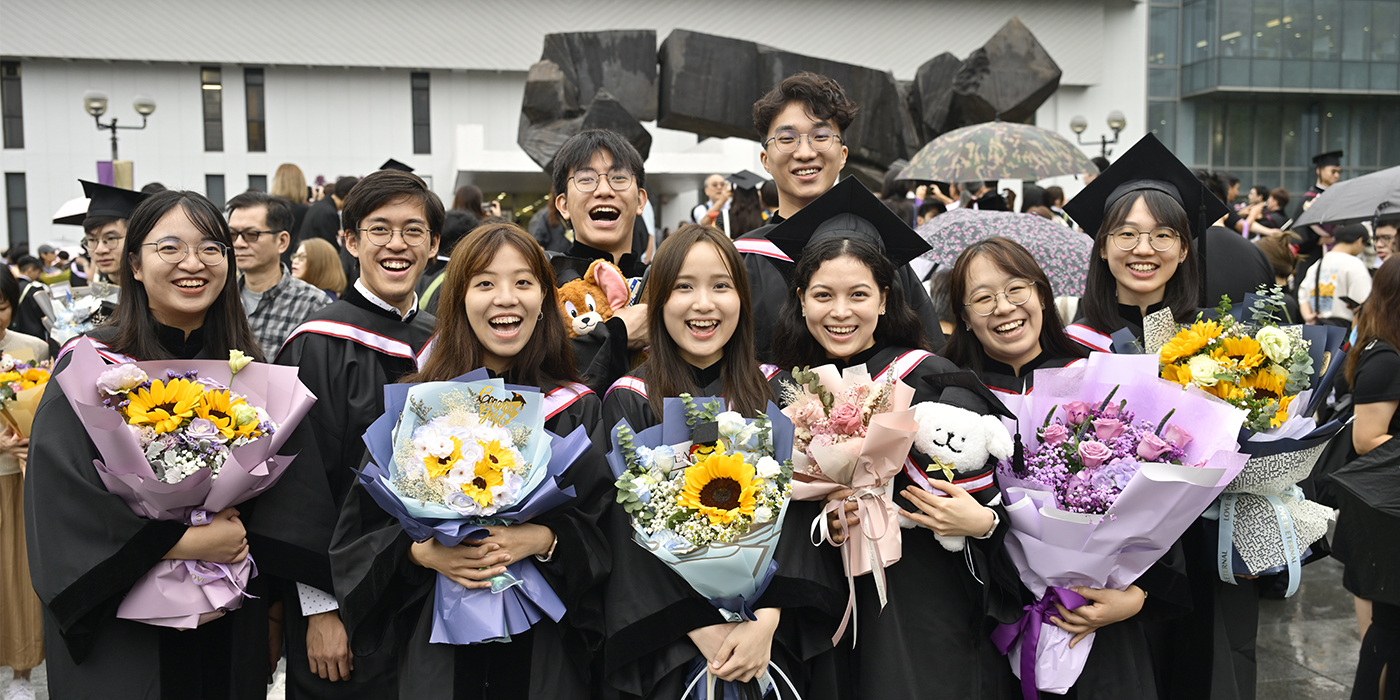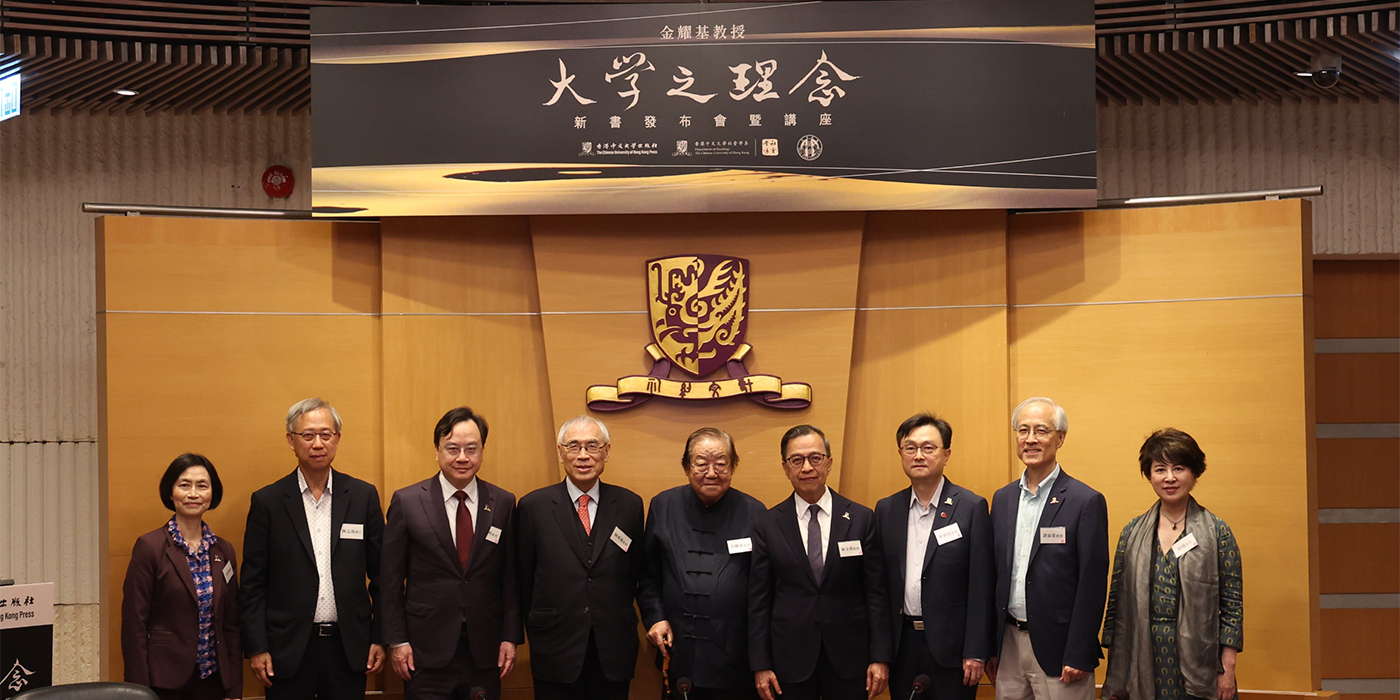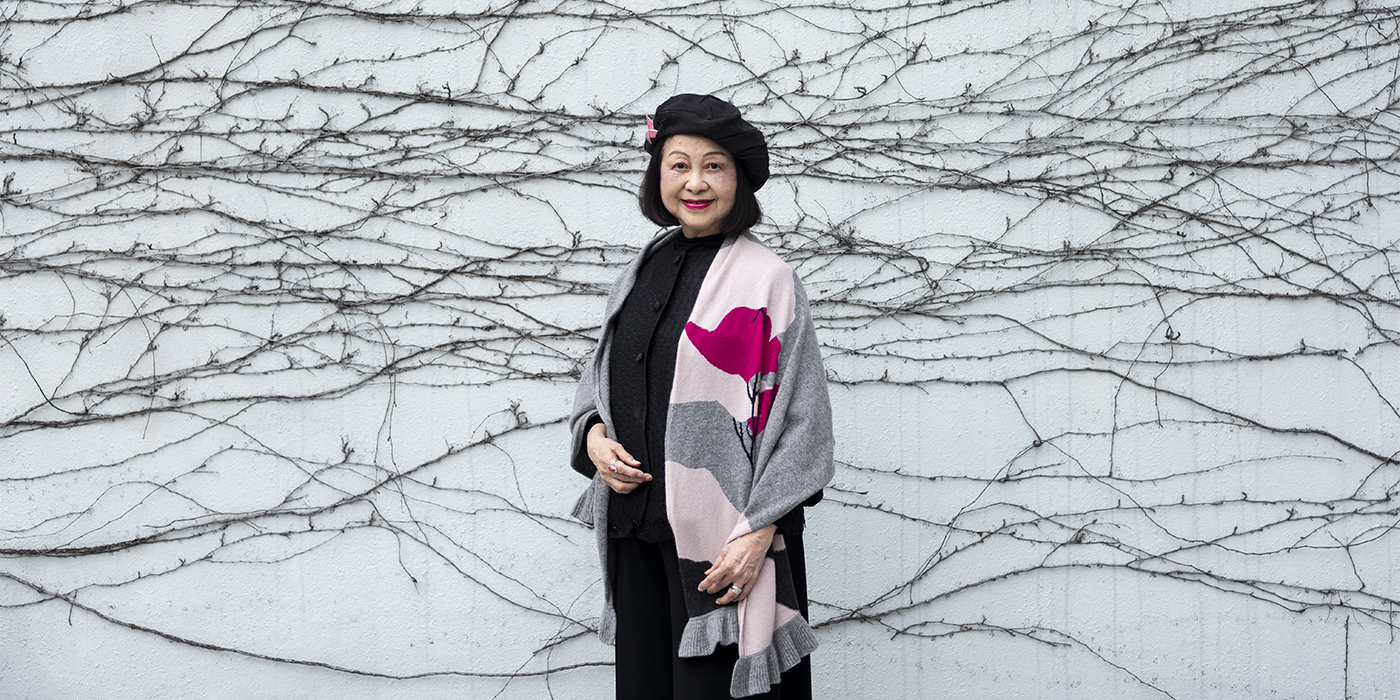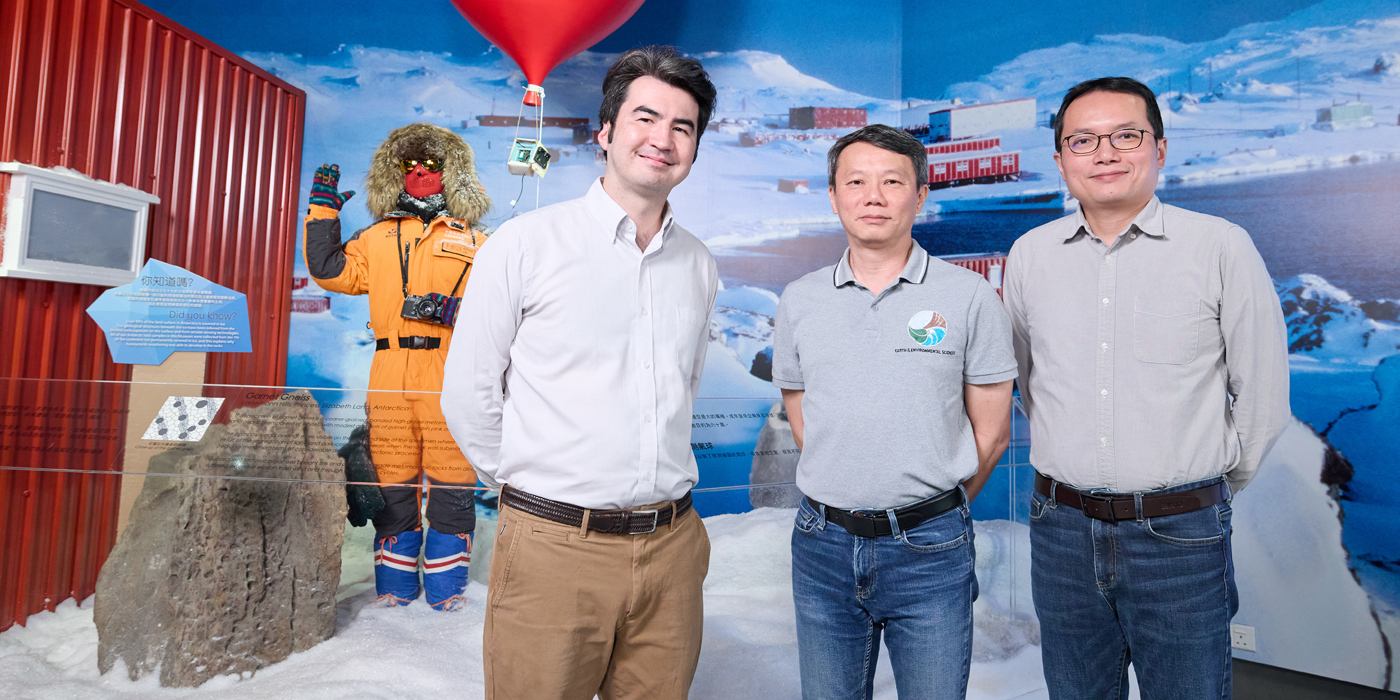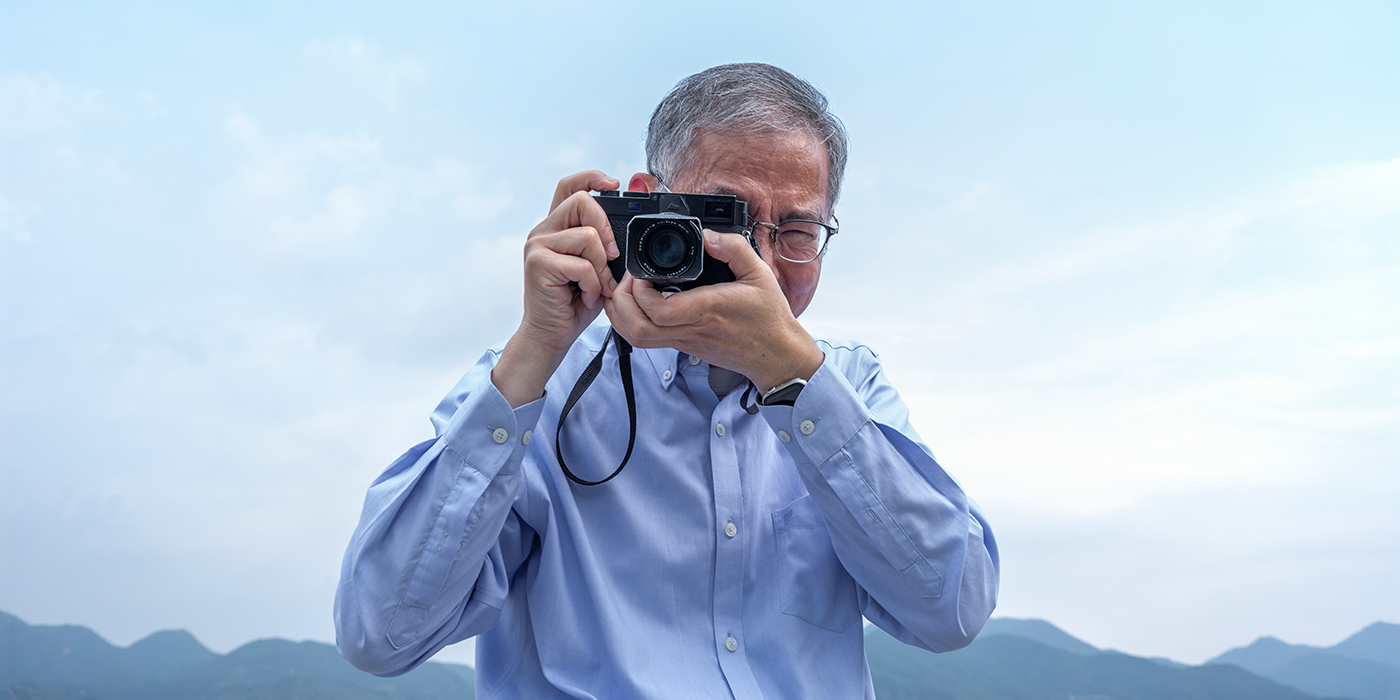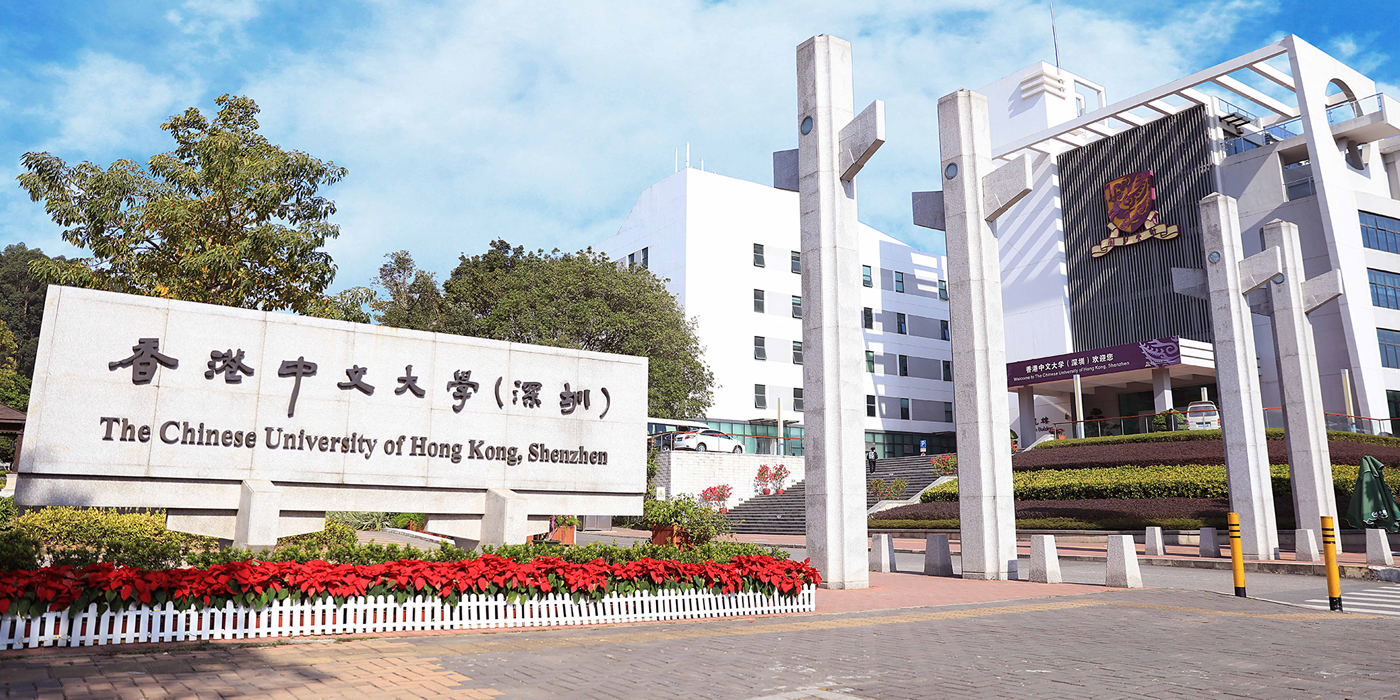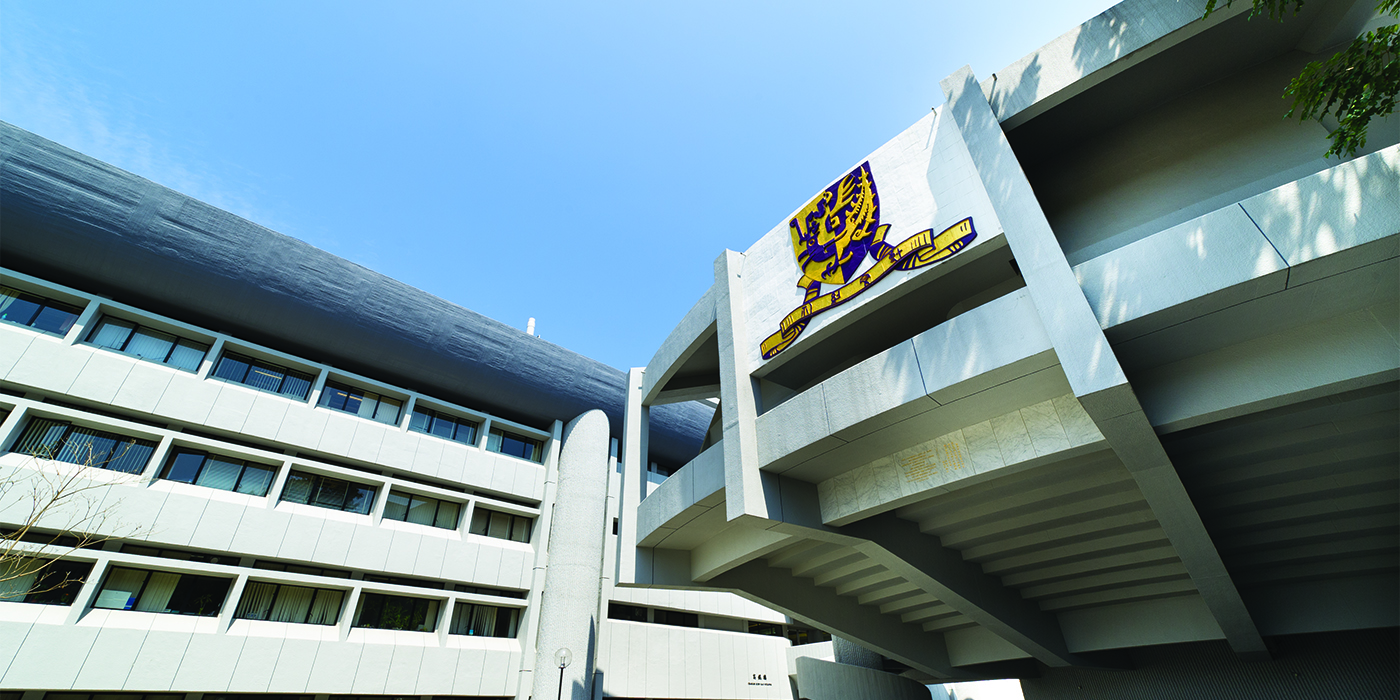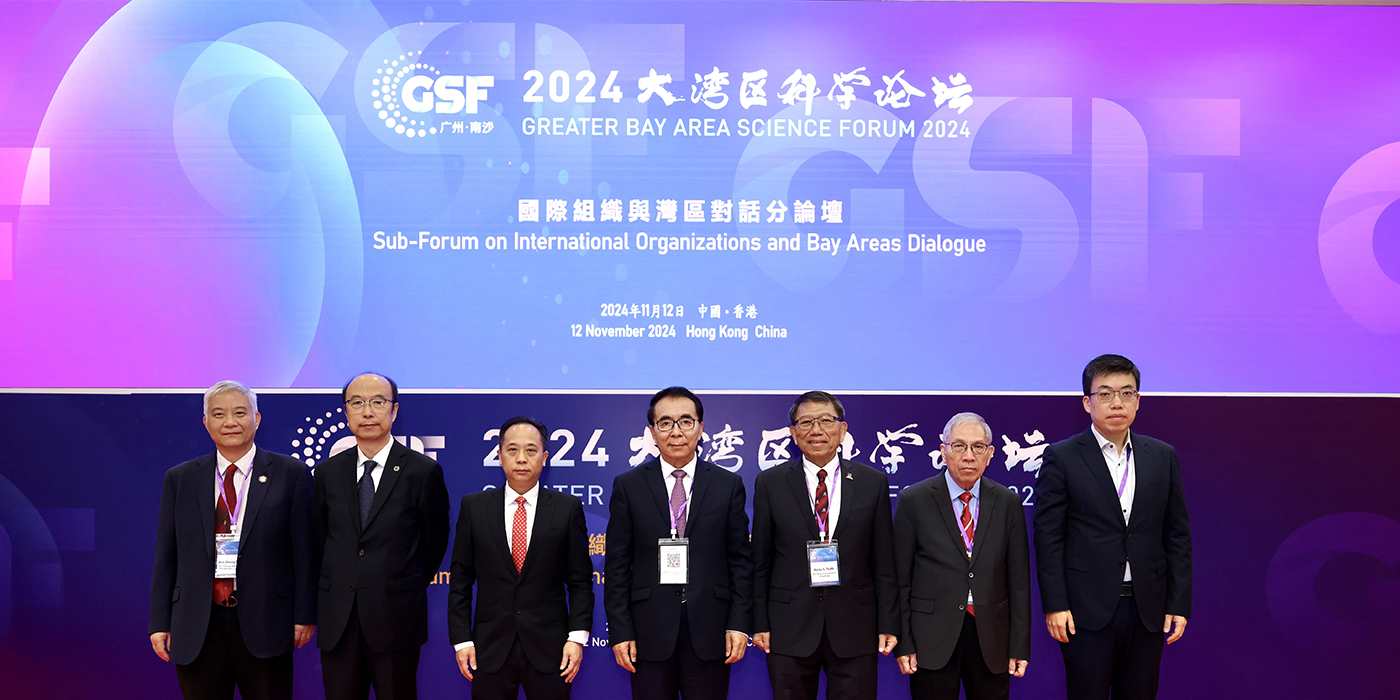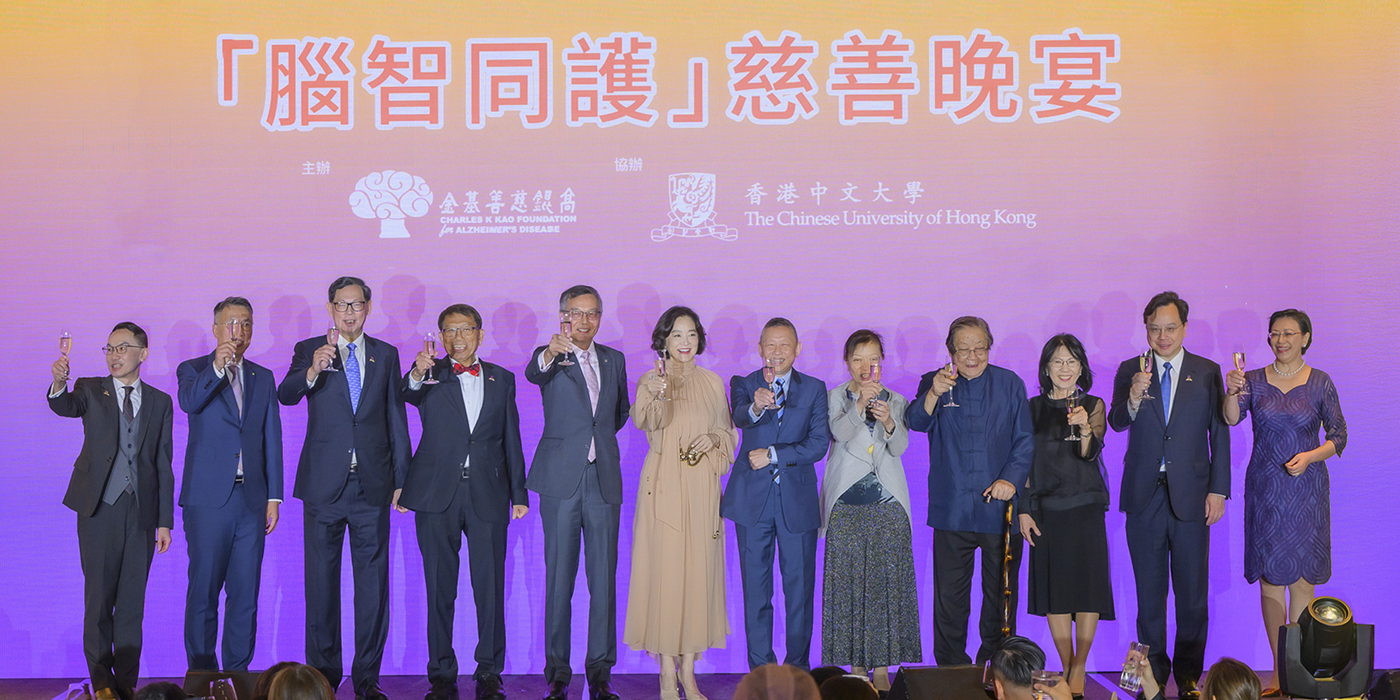Where the MagIC Happens
It was over a cup at Pacific Coffee that gastroenterology professors Ng Siew Chien and Francis Chan Ka-leung shared a conversation five years ago, and sketched out their idea for Hong Kong’s next centre of innovation. In time-honoured fashion, their first plan was on the back of a napkin.
At the time, genomics were all the fashion. But their concept is to design personalised treatments and analytics based on the gut microbiome weighs that call our body home. It transpires that our microorganisms’ DNA outnumbers our own DNA, which makes us more microbes than human.
“We think this era is the era of the microbiome,” Professor Ng, who is an expert in inflammatory bowel disease and holds a post in CUHK’s Department of Medicine and Therapeutics.
Because of the sheer volume of bacteria—gut microbiome weighs around 5 lbs in a human body— targeting the microbiome has the advantage that it can be manipulated. Whereas we inherit our genes and DNA as our birthright, our internal biome is influenced by our environment and behaviours.
Go with your gut
Despite that potential, the professors had to push hard before their vision was realised. “People were skeptical—nobody was interested in this idea,” Professor Chan, the dean of CUHK’s Faculty of Medicine, concedes.
They persisted, however, and now their ideas have borne fruit. MagIC—full name the Microbiota I-Center—has set foot at InnoHK, with a mission to developing novel classes of microbiome diagnostics and therapeutics.
Many if not most diseases can be traced back to disruption of the microbiome. While we have limited control over which of our genes are regulated, and how genes are expressed, our microbiome can be manipulated with direct medical intervention.
“All human diseases we can think of are related to some abnormality in the microbiome,” Professor Ng says. “We call the gut the second brain. Autism, depression, even Alzheimer’s and eczema are being shown to be due to changes in the microbiome.”
Unravelling the microverse of bacteria
MagIC has teams now working on research into the early-life gut health of infants and children, which they consider the “golden age” of microbiota manipulation. Early intervention can ward off conditions as or before they develop, at a time that gut health is more malleable.
Other MagIC researchers are investigating the physiological role that bacteria play in influencing obesity, metabolic disorders, and Type 2 diabetes. Gut bacteria can disrupt digestion, vitamin synthesis and the formation and oxidation of fatty acids. The exact interaction between bacteria and obesity is far from perfectly understood, but a fertile field of research.
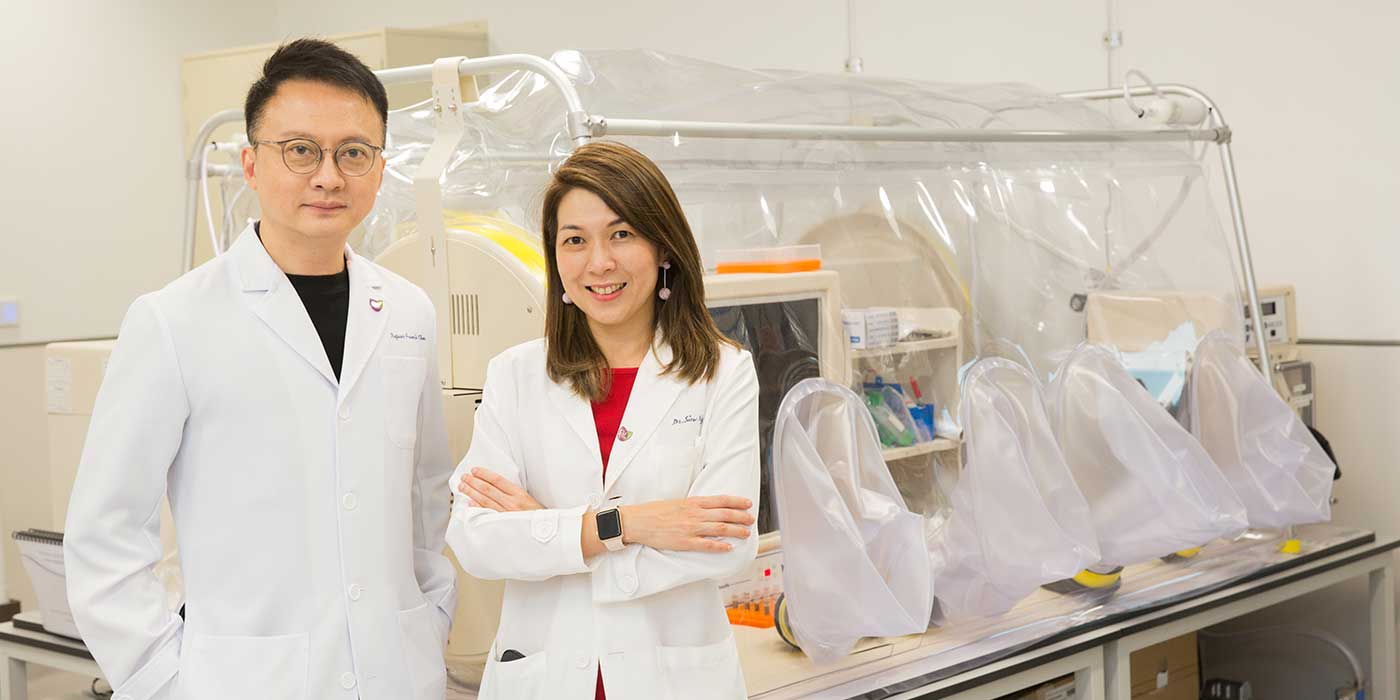
There’s a very clear link between the digestive system and inflammatory bowel disease, including conditions such as Crohn’s disease and ulcerative colitis. Environmental factors play a much-greater role in any pathogenesis, with, for instance, early-childhood overuse of antibiotics a potential contributing factor for bowel conditions in later life.
MagIC has had its greatest early success during the pandemic, the research team showed that microbiome markers are good indicators of whether a patient would develop a serious case of Covid-19, or progress to “long Covid”.
“We were the first in the world to show that the microbiome profile determines if you’ll get really sick from Covid or not,” Professor Ng explains. “If you have long Covid, your gut microbiome profile is very different. Some people have brain fog, chronic fatigue syndrome, the different types of microbes can explain that.
Making magic of faeces
MagIC is also attempting to improve the delivery of intestinal microbiota transplants. Such faecal transplants have a long history in Chinese medicine, Professor Ng notes, with “yellow dragon soup” essentially a faecal solution that was used as a traditional treatment for food poisoning and other stomach maladies.
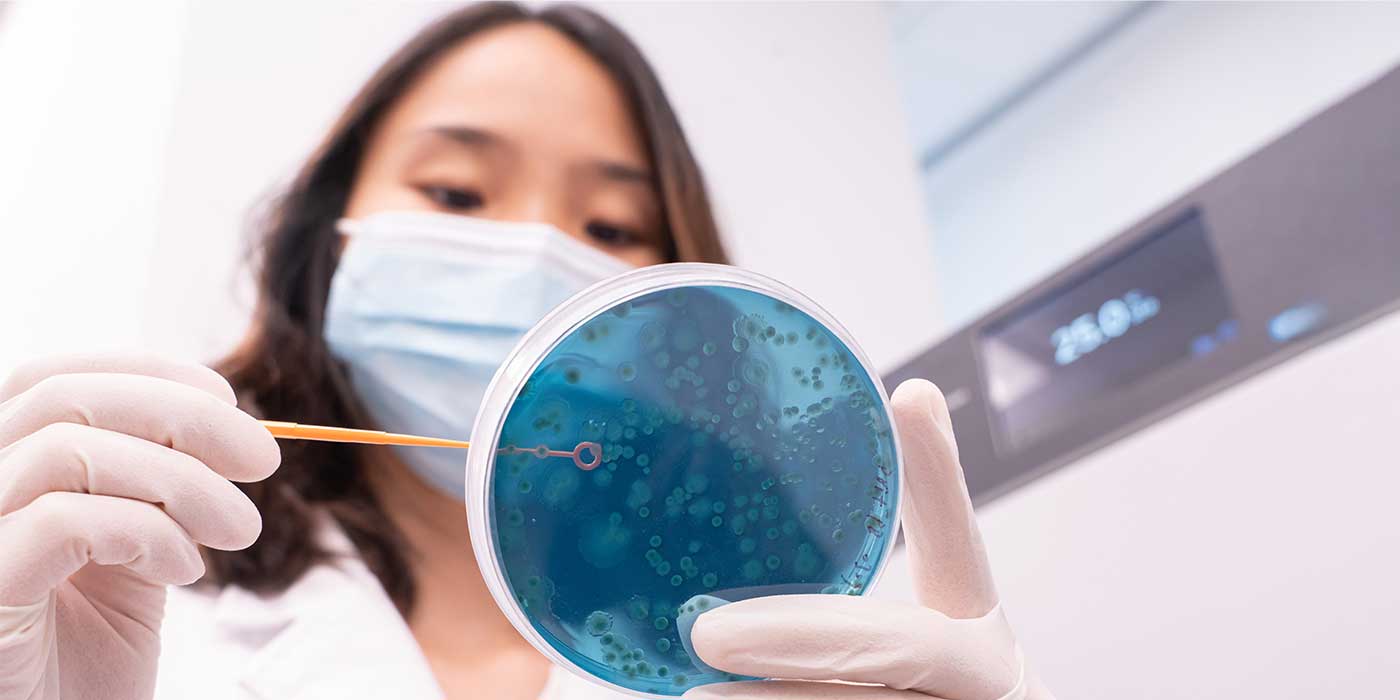
Currently, faecal transplants have been approved in the US in treating recurrent infections from the Clostridioides difficile bacterium, an infection that often doesn’t respond to antibiotics but can cause persistent, even fatal, diarrhoea and colitis.
Professor Ng recalls treating her first patient in Hong Kong with the condition. The 88-year-old man had sought treatment in mainland China without success, and was afflicted with crippling diarrhoea that forced him to the toilet 10 times per day. After Professor Ng and her team treated the patient with a faecal transplant from his son, the patient saw an immediate benefit, and was essentially cured of the condition within six months.
“It was kind of miraculous,” she recalls. “You give people back the good bacteria they have lost over time, and you give people the chance of overcoming the symptoms.”
Every year, some patients in Hong Kong suffer through the same condition. Hopes are high that the Hospital Authority will approve the CUHK faecal-transplant treatment for use in the Hong Kong health system. “If successful this will be a major breakthrough,” Professor Chan says. “We can make use of our innovations to tackle a potentially deadly disease.”
The MagIC team is now conducting clinical trials on the use of faecal transplants to treat obesity, Type 2 diabetes, depression and autism, with the autism studies likely to kick into high gear in mid-2023. Such transplants also appear to enhance immunotherapy and the treatment of cancer. MagIC is also developing a stool bank as well as a centralised system for donor screening, to help with the time-consuming and costly issue of matching patients with faecal donors.
CUHK hosted a microbiome summit in January 2023, bringing together academics, entrepreneurs, policy makers and medical experts from around the world. The MagIC team has worked regularly with their collaborators at the Universities of Cambridge, Chicago and Melbourne, who will attend, as will participants from the drug-development industry.
That fateful meeting a half-decade ago laid a solid foundation, with the pending research at MagIC likely to yield results in the next few years. “This wave is not just a gut feeling,” Professor Ng says. “It has emerged to be true.”
Transforming microbiome research into macro impact
In late 2019, MagIC’s established its first spinoff biotechnology company, GenieBiome Ltd. GenieBiome is truly independent, however, with separate sources of funding; the spin-off is entirely funded by private seed and angel investors.
Still, it’s a challenging process. It has not to date been much of a feature of academia in Asia to build on ideas generated at a university to create a standalone company. With the university structured to provide education rather than create independent companies, carving out a spinoff requires persistence.
In October 2022, the team launched the GenieBiome Molecular and Microbiome Laboratory in Wan Chai to provide novel gut-microbe diagnostics. The lab’s initial focus is to run a stool-sample test that can provide early detection warning for colon cancer.
Colorectal cancer is often detected in the late stages, when it is very difficult to treat and often little can be done. The testing is earlier and quicker to detect cancer. It’s also less-invasive and considerably cheaper than a colonoscopy.
There’s also scope to use the lab to test for childhood maladies, since getting a stool sample from an infant or child is far easier than drawing blood or other invasive measures. The lab, using technology licensed from CUHK, also has a second arm working on therapeutics, to augment the diagnostics side.
“Commercialisation is not just about profit, it’s about turning your ideas into something that can benefit society,” Professor Chan says.
GenieBiome now has a staff of more than 100. Its Wan Chai lab augments its operations in mainland China, Singapore and Malaysia, while it also has expansion to the UK and the US in mind.
Professor Ng says: “Setting up GenieBiome, as opposed to licensing my discoveries to other parties, has enabled me to maximise the benefits of my research for the development of Hong Kong’s innovation and technology industry. This is just the beginning: we will continue to crack the microbiome Da Vinci Code for various human diseases.”
Professor Ng was awarded the High Flyer Innopreneur Award by the Federation of Hong Kong Industries in February 2023 (Source: Federation of Hong Kong Industries)
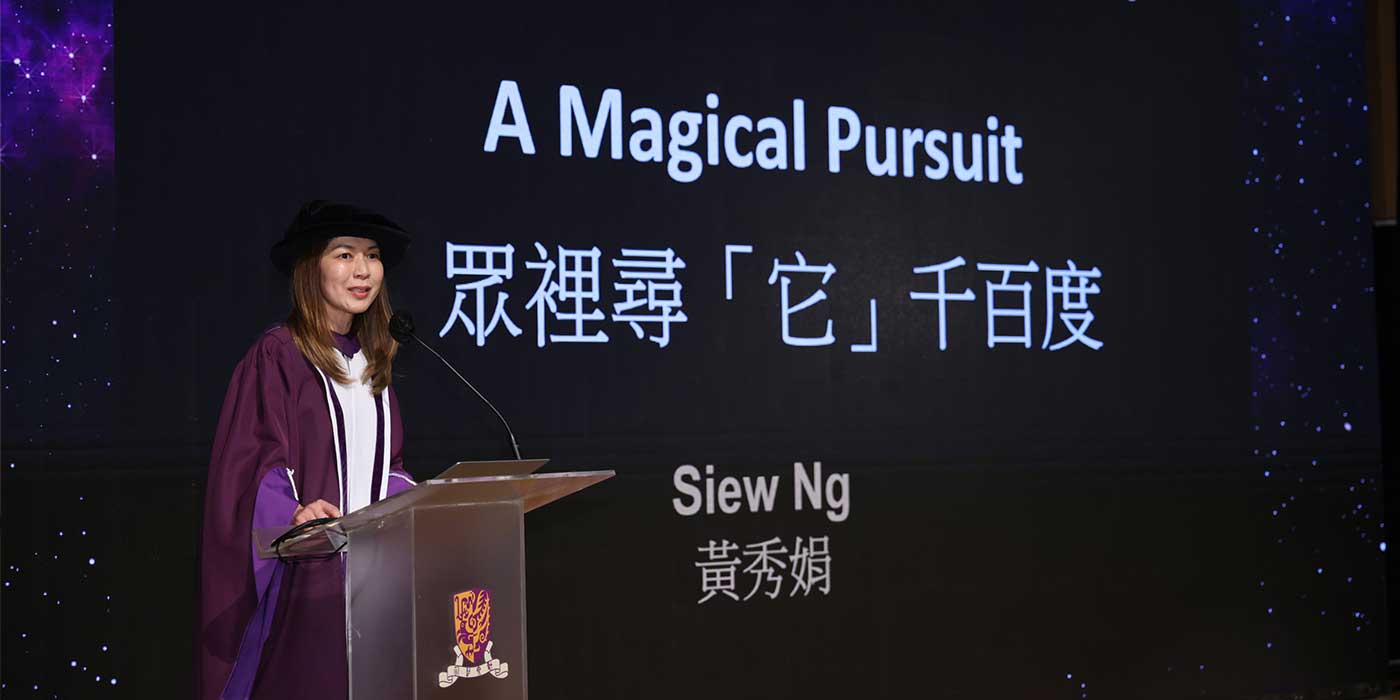
*Centre for Health Protection (2022), Colorectal Cancer. Department of Health. Hong Kong government, <https://www.chp.gov.hk/en/healthtopics/content/25/51.html>.
Reprinted from CU Bulletin (No. 1, 2023)
Photos by Tsang Wing-san

